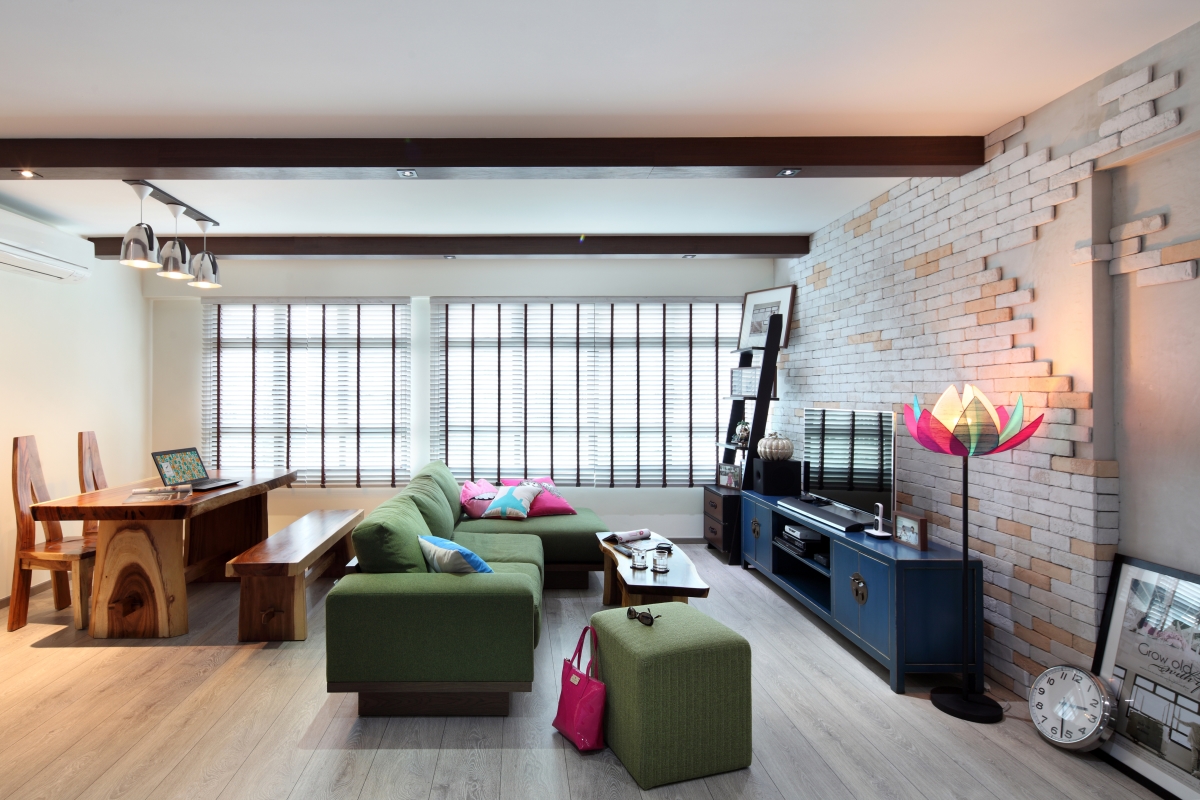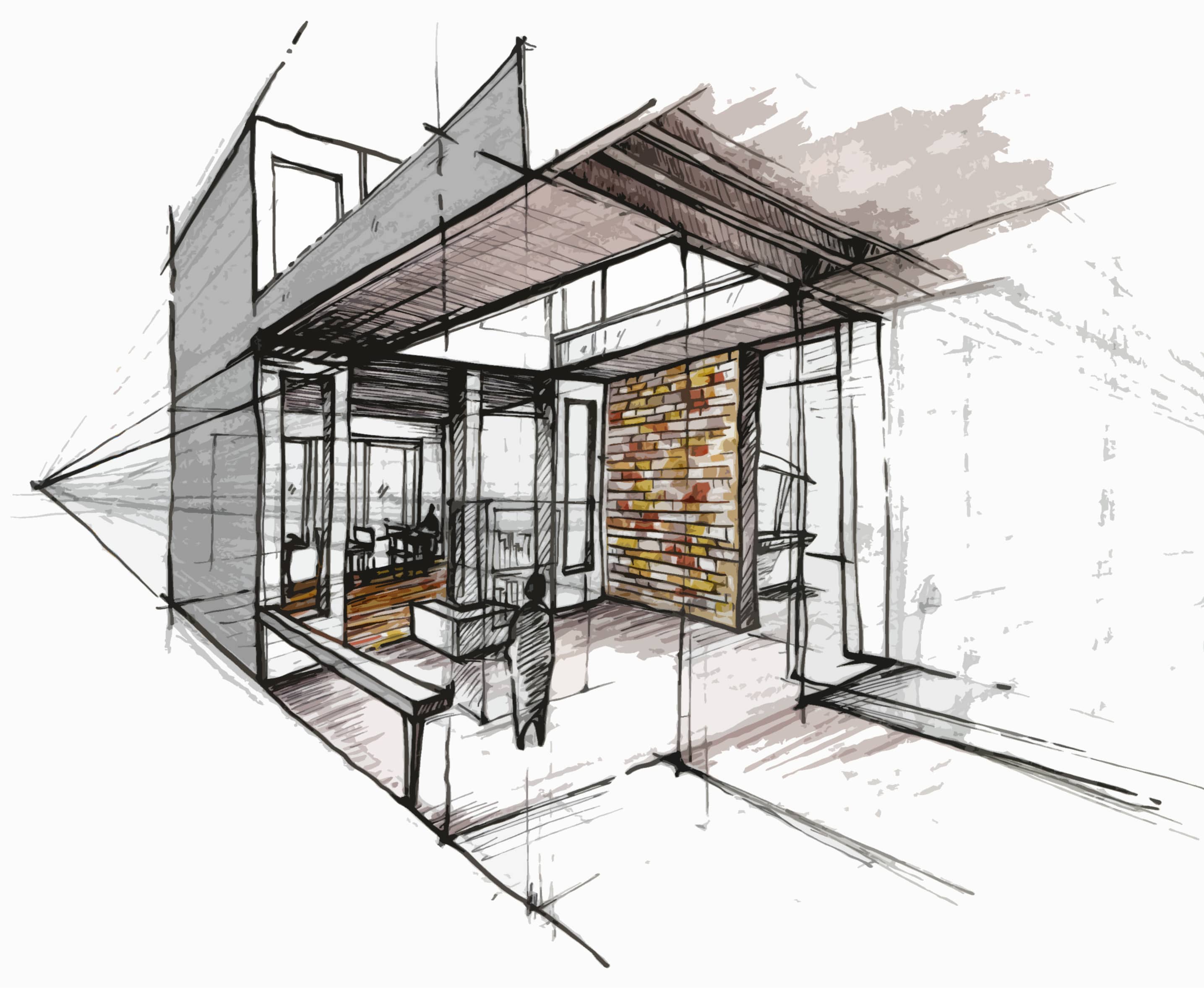8 Tips for Planning a Major Home Renovation Project
Interior Design & Decor5 minutes read
44 views
44 views
Photo by immo RENOVATION on Unsplash
Any homeowner scheduled for a long-awaited makeover either looks forward to it or hates it. While many homeowners schedule their restoration project in advance, many things may go wrong and compromise your plans since several turns and mistakes could destroy your intentions.
Whether you are just preparing to remodel a tiny area of your house or beginning a more complicated job, there are a few essential guidelines to avoid disappointment. You should know exactly where to start before you become dirty. These practical and efficient ideas will help you begin your house renovation project without incident and prevent unanticipated costs.
Research and Budget
There are so many alternatives and choices available regarding house improvement that you will be overwhelmed. The stunning lampshade you adored at a luxury boutique may also be found elsewhere for less money. Always complete a thorough study before making budget-conscious home renovation plans. Research could help you save a lot of money on choosing the appropriate paint, furniture, and decorations, which can be bought at various prices in different places.
Striking the right balance between your ideal design and the project's budget is no small feat. Having a solid grasp of the labor and materials is crucial so that you may adjust expectations accordingly.
Pack Up and Declutter
Check to clear your items from the renovation site before the project begins. This secures your assets and guarantees contractors have free access to the locations they must operate in. One crucial advice for remaining orderly is perhaps leasing a temporary storage space unit to house your furnishings and belongings during the renovation.
You can contact local moving companies to inquire about their storage options and rates, ensuring a smooth transition during the renovation process. This proactive step will help prevent damage to your belongings and streamline the renovation process for all parties involved.
Begin Collaborating with Builders Early
Starting your hunt for the perfect builder for your home improvement is never too early. Builders differ significantly in design style, pricing, schedules, and even personality, so choosing one that fits your project's demands is imperative.
Starting early helps you to thoroughly assess possible builders. This enables you to make a well-informed choice that fits your house exactly and helps to reduce the stress of choosing the correct match.
Researching and visiting with a builder for your projects can take weeks. However, design-build companies and contractors also typically have several months to a year ahead filled with schedules. For individuals hoping to start building at a particular time, begin conversations with builders 12 to 18 months before your chosen start date.
Begin Saving Right Away
Getting an early start on savings is wise, regardless of your remodel budget or funding strategy. Start financial planning immediately as you decide which payment method best fits your house remodeling project. This will help you prepare for a loan application or a loan payment starting point.
Along with helping your peace of mind, an early savings strategy streamlines the design and building process. Always preserve more than you could need. Construction might add unanticipated expenses even with the contractor's exact budget estimate. Being financially over prepared allows you to handle unexpected situations more successfully during your house remodeling endeavor.
Clarify Your Project Scope and Explore Potential Add-Ons
The idea of economies of scale helps us to realize that, over time, working on multiple projects together can usually save money. You most likely have a clear idea of the major renovations you wish to do, but consider additional improvements, those "nice to have" additions to complement your basics.
For a complete kitchen remodel, for example, you could also want to update the cabinets in your main bathroom. Finishing these projects concurrently often helps to cut materials and labor expenses.
In the pre construction stage, show the builder your "must-haves" and "nice-to-haves" list. This enables them to properly budget for the whole extent of your project. This lowers expenses and moves you further, realizing your ideal house.
Create a Timeline and Stay Committed to It
In terms of house improvements, developing a timeline is quite vital. The chronology will enable you to project when and how long each component will take and maintain your direction throughout the renovation process.
One should consider other elements, such as weekends and holidays. You should never forget that even little house repairs can require more time than they first seem to call for. You have to stick to your well-organized calendar till your renovation is completed.
Following the schedule and not abandoning the project is imperative even in trying conditions. For instance, get in touch immediately if your contractor misses deadlines to learn what went wrong. Should they give unsatisfactory responses, do not hesitate to seek another contractor.
Have All the Necessary Tools and Materials
This advice mainly relates to small-scale house repairs; yet, it can also be helpful while designing major upgrades. Before beginning a repair project, ensure you have ready tools and supplies, since it will save time and work.
You must have everything ready ahead of time, as you run out of tools or materials and want to avoid stopping the repair operation. For instance, ensure you already have all the tools required for the installation if you intend to install fresh cabinets. In this sense, you won't have to stop the project as you lack a particular tool; this will save a lot of time.
Clearly State Your Demands
Contractors are not magicians or able to read your ideas and avoid any poor results or disappointments following renovation completion; you must sufficiently point out precisely what you want to get. See some interior design magazines, visit design exhibits or furniture showrooms, or search house decorating websites to carefully review the pages in search of the design that appeals to you.
Once you have a clear design concept, you can demonstrate exactly what you want from your house restoration job or transfer those ideas to the contractors. Only with exact thoughts will you be able to sufficiently convey what the pros you engaged should produce for you.
Endnote
Planning and organization are vital to finishing any house improvement project properly. In the future, it will save you a lot of time and work and prevent errors that could cost you more money. Everything you need to know to arrange and plan a house renovation project before beginning it is included in the list of advice above. These suggestions will help you guarantee your project's timely and effective implementation.
Request for quotes and we'll match you with a selection of Interior Designers!
Previous
How to keep and look after your cast iron radiators?


 Sign Up with Google
Sign Up with Google

.jpg)